The Anxious Generation
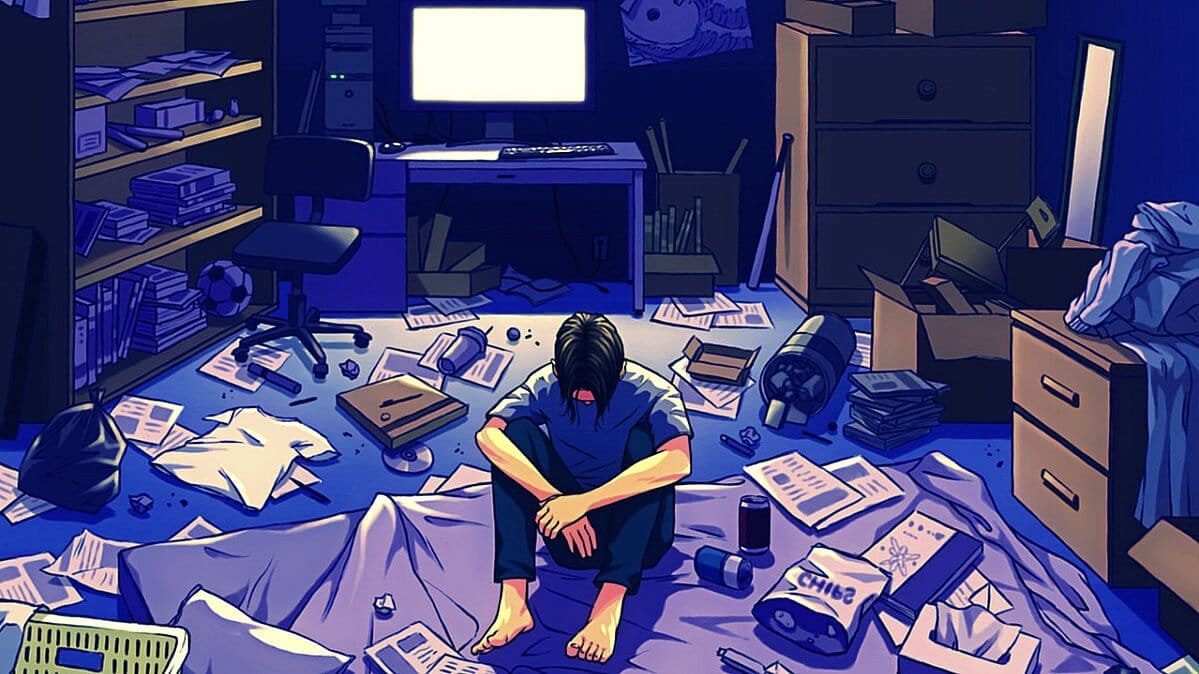
Today I want to give somewhat of a thought digest. Inspired by one of my favorite "content creators" (shudder), Katherine Dee. Also known as Default Friend online.
What I love about her writing is that she's so curious and she explores fringe internet subcultures with an open mind and heart. Like a digital anthropologist. Someone once called me that (Jana, I think it was you) because I was telling her about my fascination with Hikikomori, a Japanese phenomena of "total withdrawal from society and seeking extreme degrees of social isolation and confinement."
In January 2019, I saw a documentary about it on YouTube. I can't find the link to it, but I found my journal entry at the time:
I feel guided and inspired to learn about all these variations of lonely, isolated, solitude, withdrawn men. Just like me a little bit.
I am getting some healing. Some perspective. Some new insights. Mostly that I’m not alone and I’m not as bad. And having compassion for these people because I know what it’s like.
The clash of work and play. Inner child stuff. Cuteness or youth obsession in a culture where adults grow up and work too fast and there is too much pressure to work and no focus on joy or love or ease.
Fascinating that many of these men have absent, overworked, and unhappy, disconnected, or abusive fathers. And resentful mothers who don’t understand their kid being withdrawn.
Video games and computers help these kids stay connected authentically based on their interests. They see no point to the hustle and bustle or rat race especially when their own father was a poor example. Likely alcoholic and withdrawn into work.
There is stuff here about the lost inner child. Withdrawing into the realm of feelings and inner space. I don’t know, but this is a phase I’m going through for now. I’m learning.
I just did a YouTube search on Hikikomori and one of the top results was a video essay posted just three months ago. It was titled We're All Becoming Hikikomori. I haven't watched it yet, but I can imagine that it's going to say how things have only gotten worse since 2019. Something about living in late-stage capitalism and suffering from existential anxiety.
Existential anxiety is a form of anxiety that arises from thinking about existence and the self. A person may have feelings of insecurity, dread, isolation, and loneliness. People may also experience a sense of emptiness or pointlessness
It made me wonder, was I always this way? If not, when did things start to shift?

Was I always this anxious?
I was going through a bunch of mp3s from my old music project BOXOMYLK. I'm planning to upload them to Bandcamp and streaming platforms so that my whole music catalog is accessible.
But in doing so, it brought back memories of my life back in 2000-2005 when I was making most of this music. I don't remember being anxious, at all. Is this an example of selective amnesia, remembering only the positive times and forgetting the bad?
I gave it more thought.
Anxiety was definitely not a theme in my life back then. I don't think I even used that word. I may have been nervous about life events, such as finishing school projects in college, graduation, or applying for jobs in the "real world."
I was going to art school full time, driving 90 minutes back home to work at McDonald's on the weekend and see my girlfriend, who ended up cheating on me anyway. Sigh.
Yeah that hurt. I was stressed about all of that, but that's actual real life stuff. Not abstract existential anxiety or a sense of listlessness. Not a barrage of intrusive thoughts or hypersensitivity to other's thoughts. Not a low-level unease that simmered just beneath the surface.
So what changed?
Back then, I had the following:
- Solid structure, teachers, and rules to follow
- A tangible goal to work towards
- Peers around me having a shared experience
- Peers at a similar skill level, local IRL comparisons
- Friendship outside and within the structure
- A sense of rebelliousness against societal norms
- A desire to make a name for myself as an artist
- Internet and social media were new and optimistic
- Ignorance of how the real world worked
- Hope and possibility
All of this would continue to some degree throughout my career until around 2012. This is when the quiet, low-level unease would begin. I would feel a sense of dread and the urge to get away. It was around this time that I would use the word "depressed" to describe myself.
I started up the blog Maker/Mistaker (now a book) to express my feelings which would be the first time I openly talked about my inner thoughts and feelings instead of just what I was working on.
What happened around 2012?
- I turned 30. My Saturn Return was happening
- I was at the peak of my career, but feeling disillusioned
- The world was supposed to end on Dec 21
- Smartphones and social media became ubiquitous
I want to emphasize the last point. In 2006, when I joined Go Media, there wasn't an iPhone. I was still ripping CDs and downloading mp3s off Kazaa and Soulseek. The coolest phone was the Razr flip phone. Myspace was bigger than Facebook.

We were still in an offline-first world. But over the next few years, we slowly started shifting to an online-first world. And this is where I believe the real Anxiety with a capital A started.
Social psychologist Jonathan Haidt has been talking about the mental health crisis amongst Millennials and Gen Z for a while now. They call Gen Z'ers the iGen, or the first generation to grow up with smart phones and social media. They are trying to understand why everyone seems so mentally unwell as compared to prior generations.
He wrote an essay last year entitled The Teen Mental Illness Epidemic Began Around 2012. And he's got a book coming out next month called The Anxious Generation which I look forward to reading.
Back to Katherine Dee, she so keenly writes about how disembodiment is a symptom of being online.
We’re not only disembodied online (as in, not physically there!), but the act of being online is also, itself, disembodying.
Anyone who’s spent too much time looking at a screen knows that feeling of disconnection; that palpable separation of mind and body. Sometimes it just feels like over-indulgence, a disorienting sense of not knowing who you are or where you are, and other times it’s more acute: the screen has engulfed your physical body.
— Katherine Dee
Being online all the time is just part of it. As we know, from documentaries like The Social Dilemma, we are existing in an ecosystem that has perverse incentives that bring out the worst in us.
The creators of these platforms even admit to it. Former Facebook exec Chamath Palihapitiya says social media is ripping society apart and programming you. He deeply regrets being part of it.
Virtual reality pioneer Jaron Lanier says social media is ruining your life. That was six years ago! I read his book in 2018 and it was the convincing I needed to delete my Facebook, Twitter, and Instagram accounts.
It was a radical move at the time. Walking away from having an audience. No more followers. No more influence. No more ability to share my work or my products. But at that point, I was already half-way out and wanting to pursue my spiritual path in privacy and not feeling pressured to post about it.
My business and income took a hit. But I had more mental space and freedom. I took the Grillpill as Matt Christman calls it.

Just log off he said.
So I did. I was free. No longer posting or having to worry about likes, comments, and social landmines. No longer worrying about how I was being perceived.
But then logging off and taking the grillpill became content. It became an ideology that we talked about online. An ideal.
So...
I tried to log off. No more social media accounts, but did that mean I was on my devices less? Not really. I was now just consuming more content. Listening to more podcasts and YouTubes. Reading more Substacks.
Now I was just an observer.
But at least I'm not in the rat race, jockeying for position in the "take economy" or morphing my personality to suit the algorithm.
Tristan Harris, director of The Social Dilemma, spoke last year about how social media warps creators. How the algorithm nudges you into particular polarized bubbles. How interacting with an abstract audience distorts your perception of what's real and influences you in different directions. Alienating you from yourself.
As I've spoken of before, we're all personal brands now. If we choose to engage in social media, we become more like a business and less like a human.
Even writing this newsletter is walking that tightrope.
But is not engaging even an option?
These guys were writing about logging off six years ago. Did they successfully log off and are enjoying themselves in a cabin in the woods Ted Kaczynski style?
No I think they're still online and talking about the same problem and how it's gotten worse. Except now there is AI involved lol.
So their angst and disillusionment becomes content for us to consume and for the AI to chew on. Grinding on and on. Alison McDowell takes it one step further and calls it the Ant Computer.
All that said, I think I can see a big difference to today vs how I was 20 years ago. That anxiety and unease that I feel is a symptom of my disembodiment and alienation, and I'm not the only one.
At least I'm not blaming myself for why I'm so anxious. I'm just experiencing a symptom of a much larger human phenomenon. I'm doing my best to express it into words.
I'll continue to FEEL and EXPERIENCE these feelings. And try to stay grounded and remember to be here now. That's the only place I really can be. Ya FEEL me?
Thanks for reading.
Until next time ✌️
Jeff
Cover Illustration by Yuta Onoda
No spam. Unsubscribe any time.
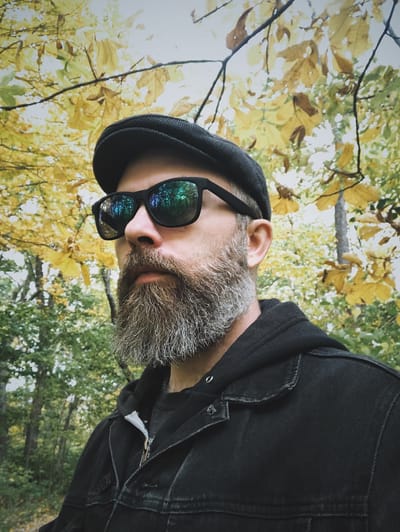

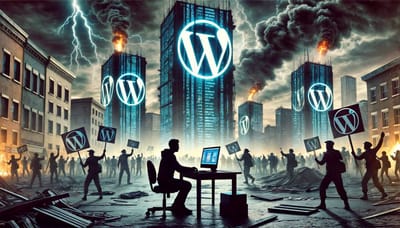
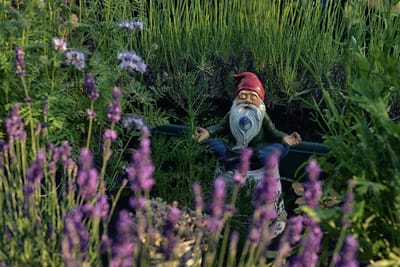

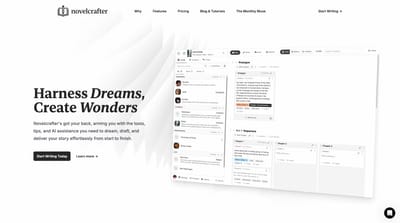

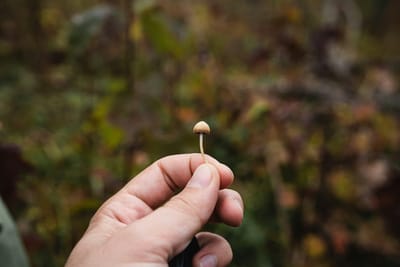
Member discussion